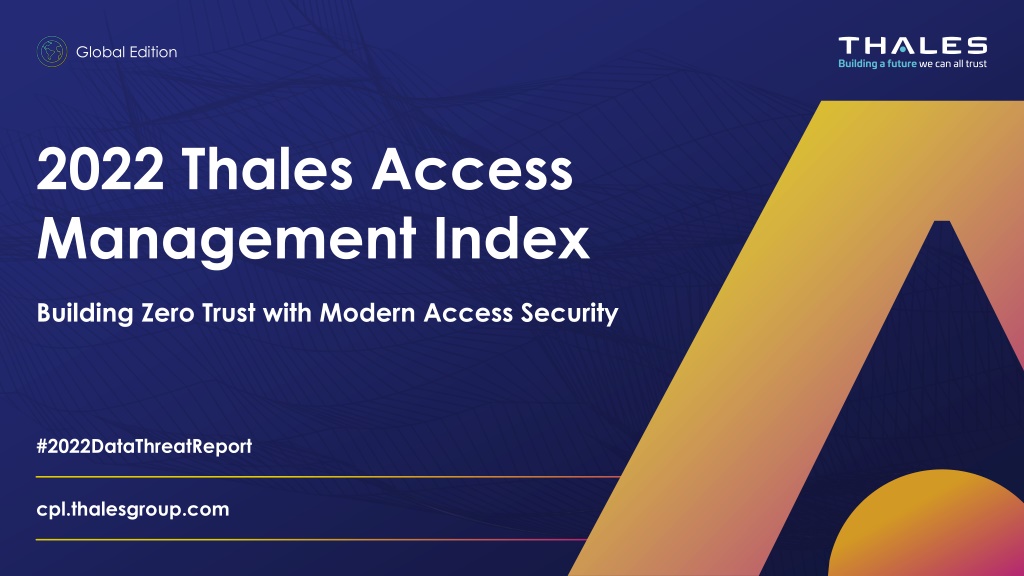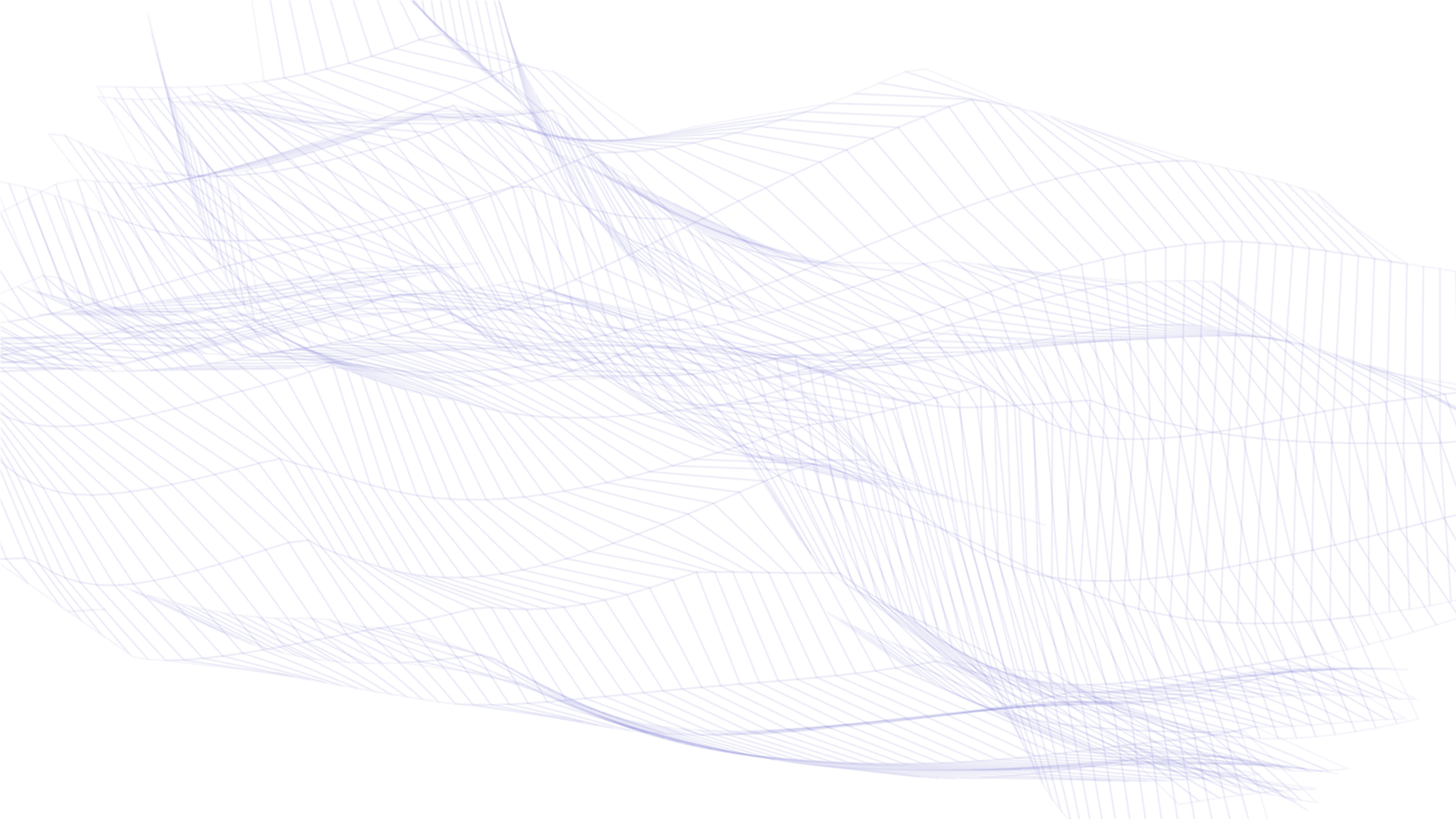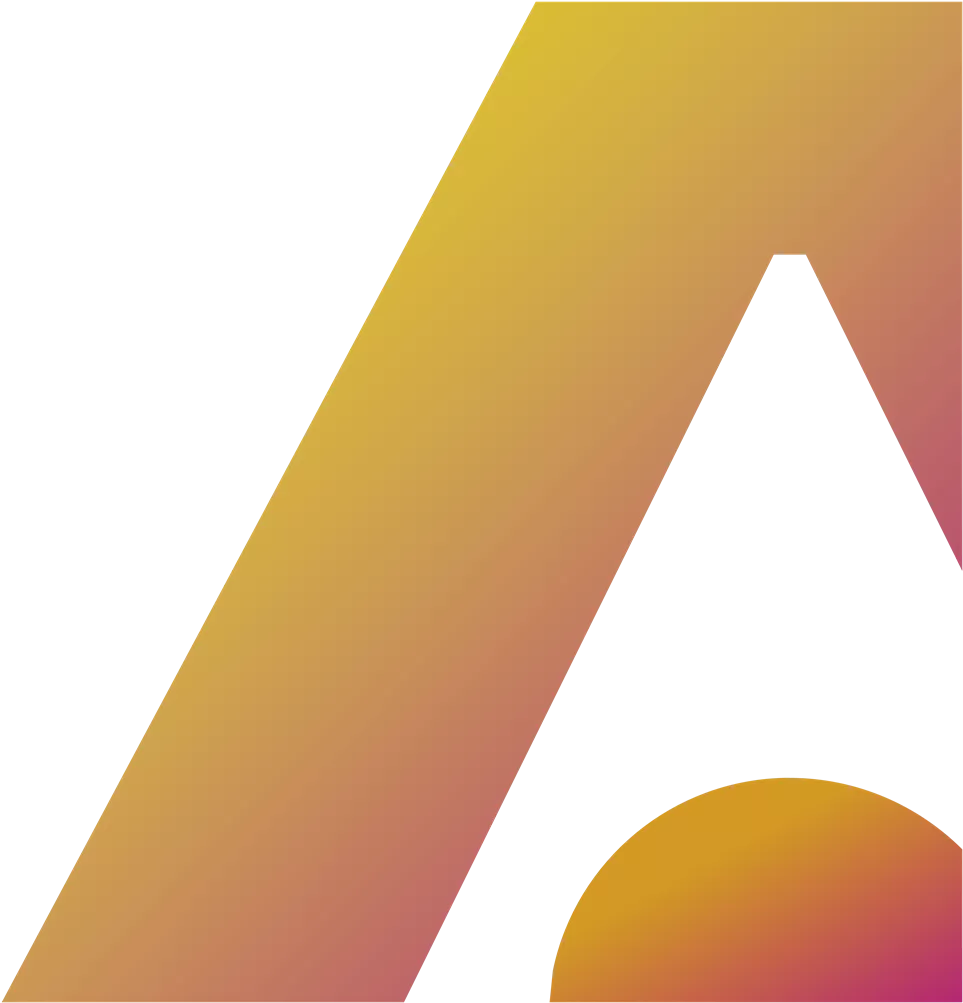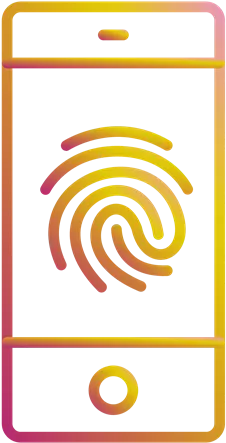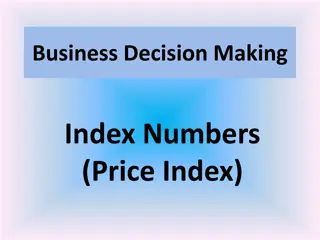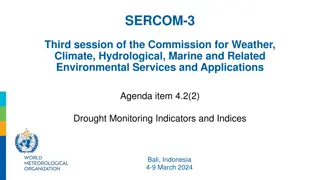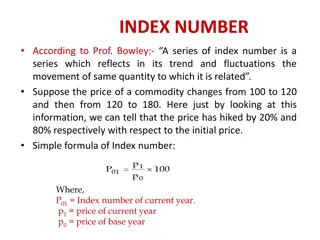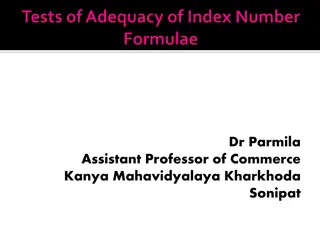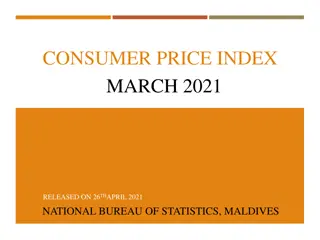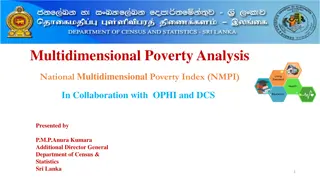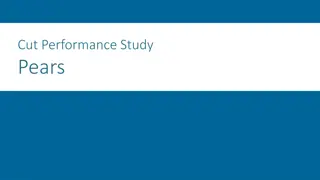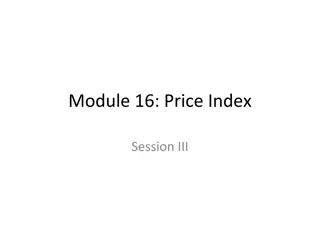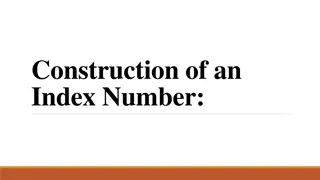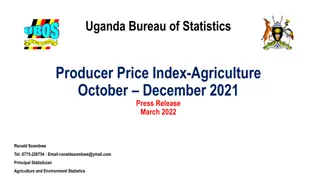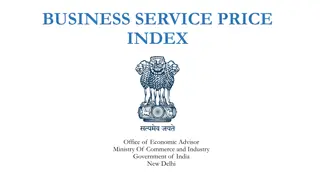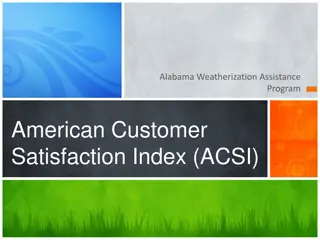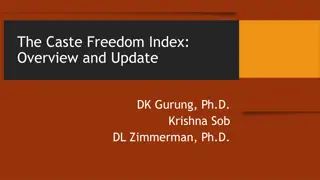2022 Thales Access Management Index
Thales Access Management Index highlights the current landscape of access security, revealing insights on multi-factor authentication adoption, remote and privileged user access management, VPN usage trends, challenges faced, and preferences towards third-party access management. The report emphasizes the importance of modern access security tools in achieving zero-trust security frameworks. Despite some progress, areas such as MFA adoption, remote access tools, and hybrid network challenges still require attention for enhanced security measures.
Download Presentation

Please find below an Image/Link to download the presentation.
The content on the website is provided AS IS for your information and personal use only. It may not be sold, licensed, or shared on other websites without obtaining consent from the author.If you encounter any issues during the download, it is possible that the publisher has removed the file from their server.
You are allowed to download the files provided on this website for personal or commercial use, subject to the condition that they are used lawfully. All files are the property of their respective owners.
The content on the website is provided AS IS for your information and personal use only. It may not be sold, licensed, or shared on other websites without obtaining consent from the author.
E N D
Presentation Transcript
Global Edition 2022 Thales Access Management Index Building Zero Trust with Modern Access Security #2022DataThreatReport cpl.thalesgroup.com
Multi-factor Authentication Adoption a Mixed Bag Despite the well-known limitations of passwords, MFA still trails other security tools like firewalls, endpoint security, SIEM and email security. 56% +37% In 2022, only 56% of respondents have adopted MFA in their organizations, which is only a slight increase from In 2022, more than one-third (37%) have more than 40% of their employees using MFA for cloud and SaaS apps, compared to only 12% using MFA in 2021. 55% in 2021.
Access Management Tools Still Mainly Used for Remote and Privileged Users Remote access remains the primary use case for 2FA/MFA. In 2022 68% of respondents reported having MFA enabled for remote non-IT employees, a slight dip from 71% in last year's survey. 52% of privileged employees and IT staff now use 2FA/MFA. This is an increase from 48% in 2021.
Access Management Tools Still Mainly Used for Remote and Privileged Users 47% 41% of respondents in agree that access management and authentication play a key role in achieving zero-trust security, this is a slight increase from 45% in 2021. of respondents manage their access management systems by having separate systems on-premises and in the cloud, while 28% have only cloud systems.
VPNs Still the Leading Remote Access Technology 42% plan to keep existing VPNs but complement them with new technology like ZTNA, SASE, and SDP. 21% have plans to fully replace all VPN use cases, while 17% are planning to replace some VPN use cases with ZTNA, SASE, and SDP. However 57% VPNs remain the most widely used remote access capability, increasing slightly to 60% from 59% in 2021. more than half the respondents (57%) plan to improve the means of authentication of existing VPNs.
Access Management - Hybrid Networks and Ease of Deployment Remain Top Challenges The top 3 challenges with access management solutions include 23% 18% 15% The ability to protect both on-premises and cloud-based services Cost Ease of deployment
Firms Prefer Agnostic Third-party Access Management, Particularly for Multi-cloud 41% prefer that their access security be delivered by an agnostic, third-party security provider rather than by a cloud service provider. 54% feel that an agnostic access management solution can best protect multi-cloud environments. 47% More than half (57%) of respondents feel that their organizations must maintain control over their access security. feel that access management and authentication play a key role in achieving Zero Trust security.
Data Security for a Zero Trust World Discover and classify data anywhere Protect sensitive data at rest, in motion and in use Control user access to sensitive data and management of keys throughout their lifecycle
Visit cpl.thalesgroup.com/access-management-index? to download the Global AMI Edition, including 451 Research recommendations. Source: 2022 Cloud Security custom survey from 451 Research, part of S&P Global Market Intelligence, commissioned by Thales
